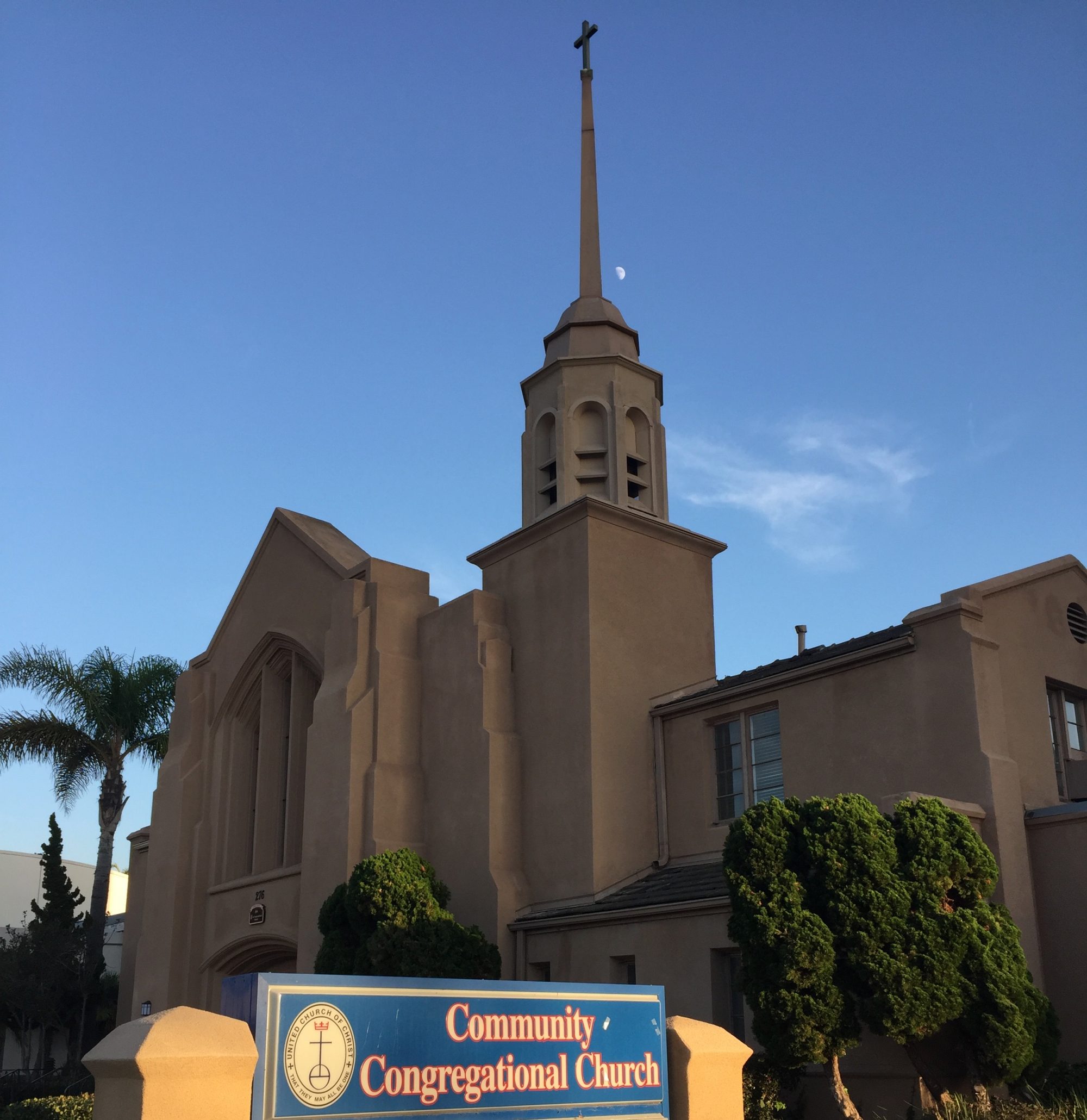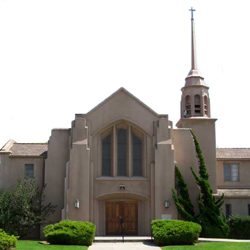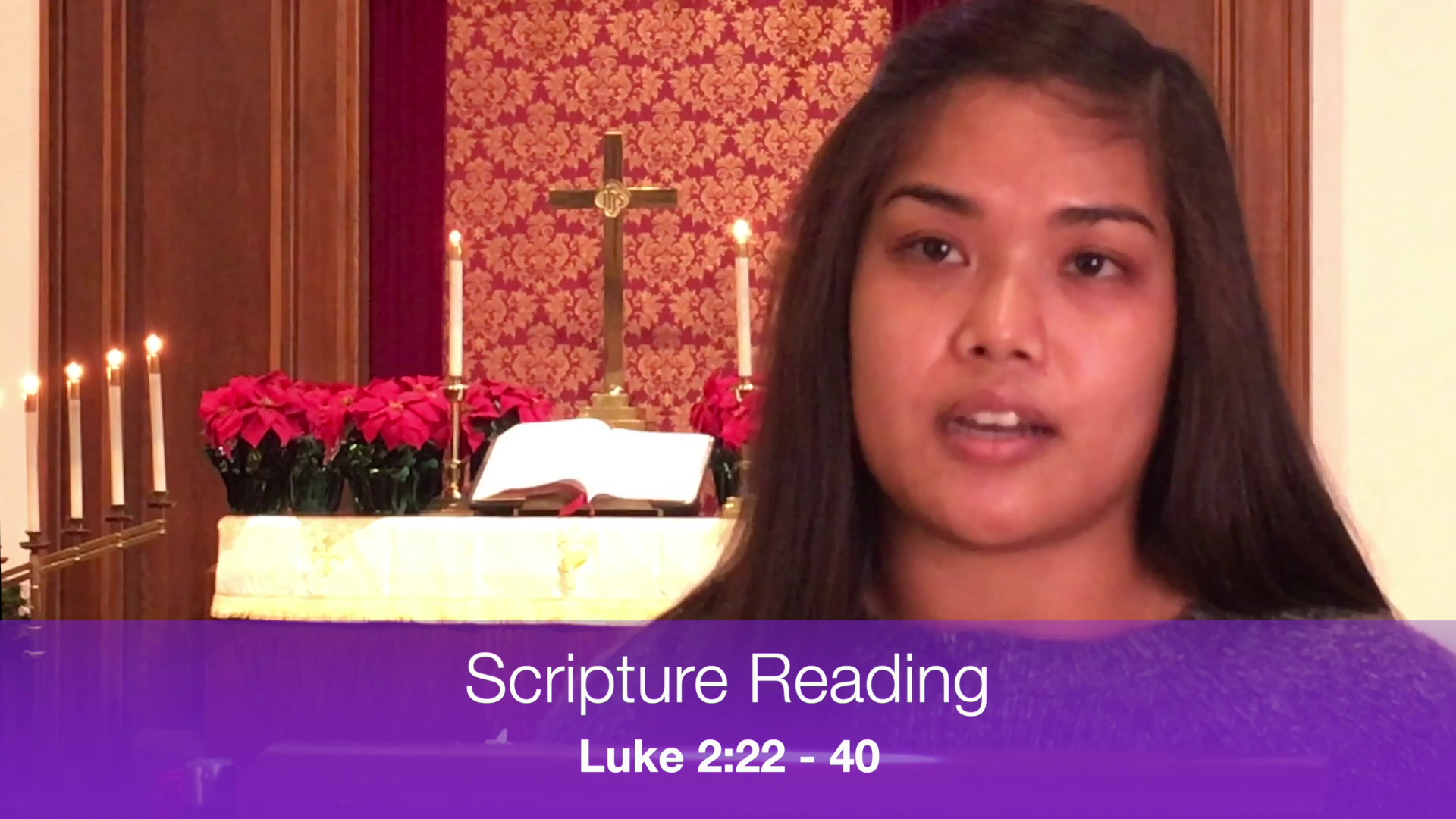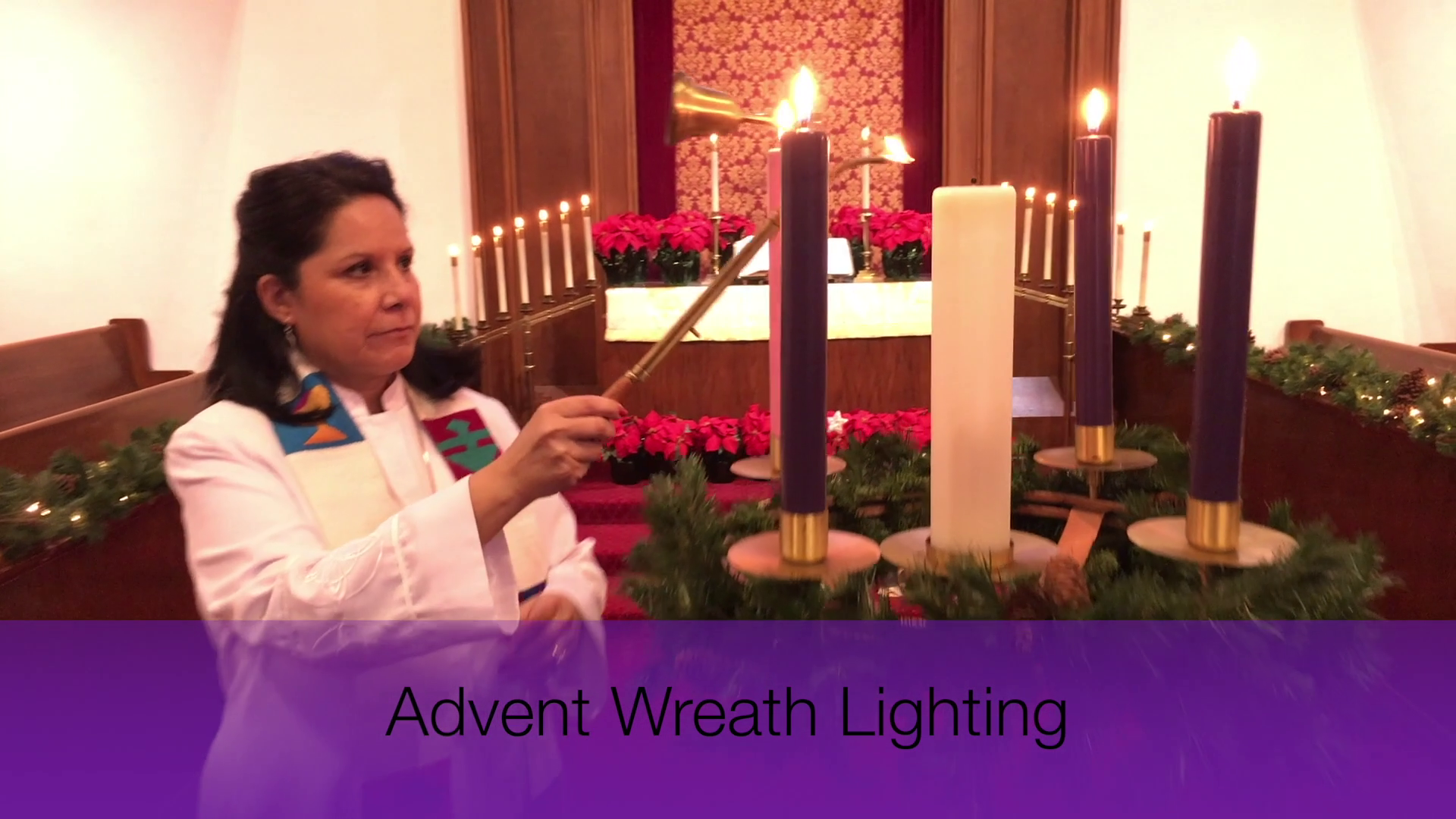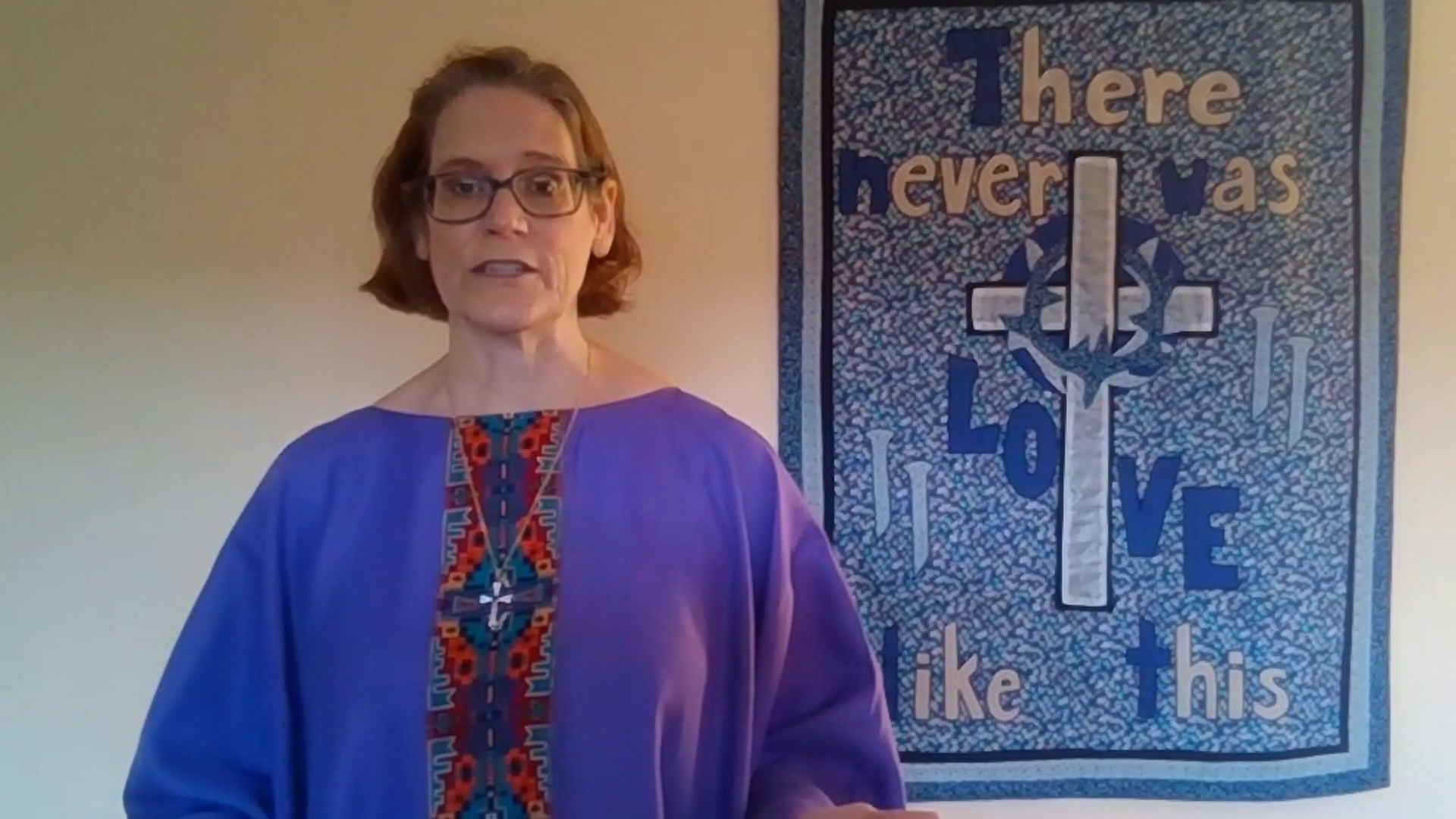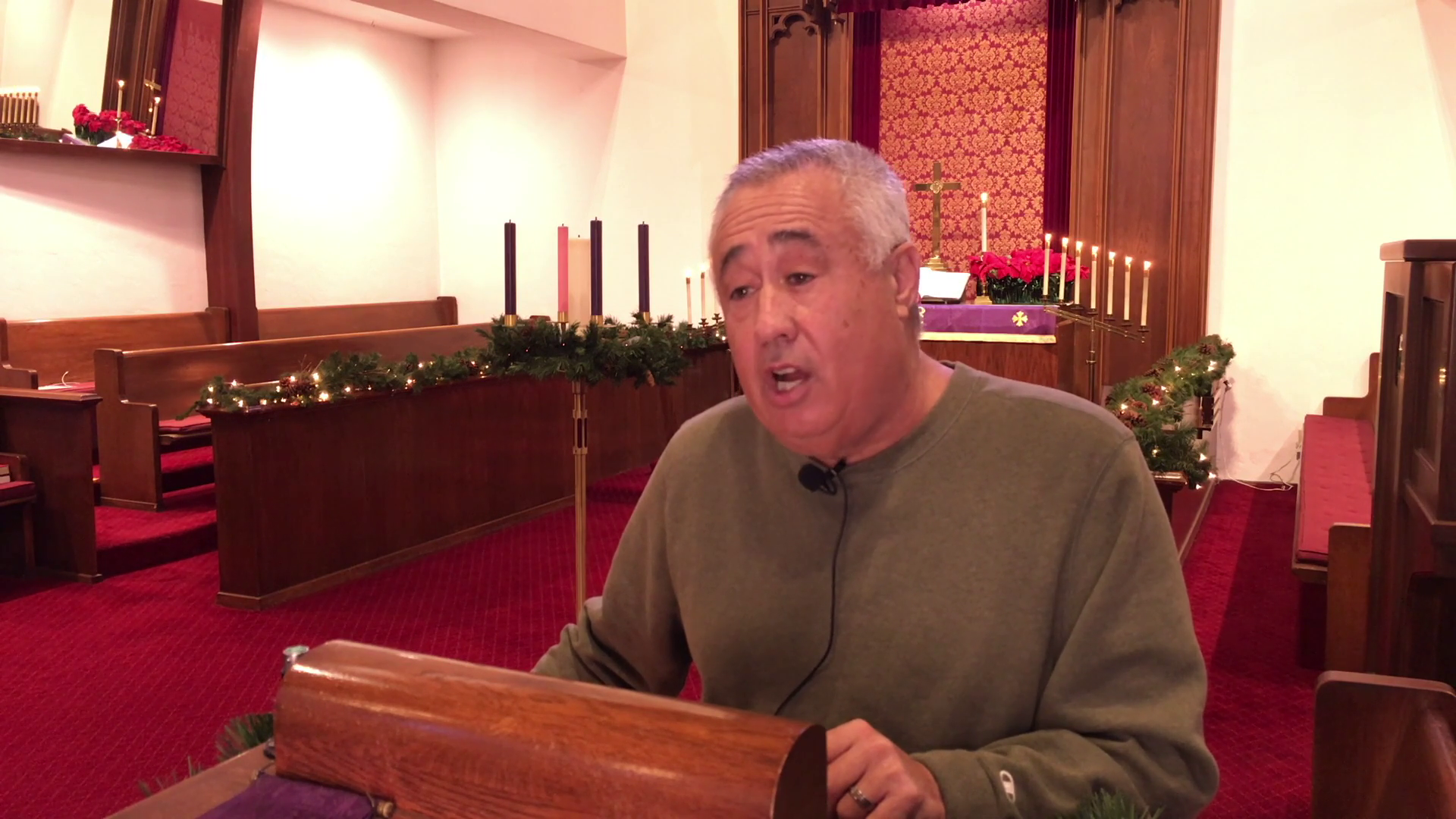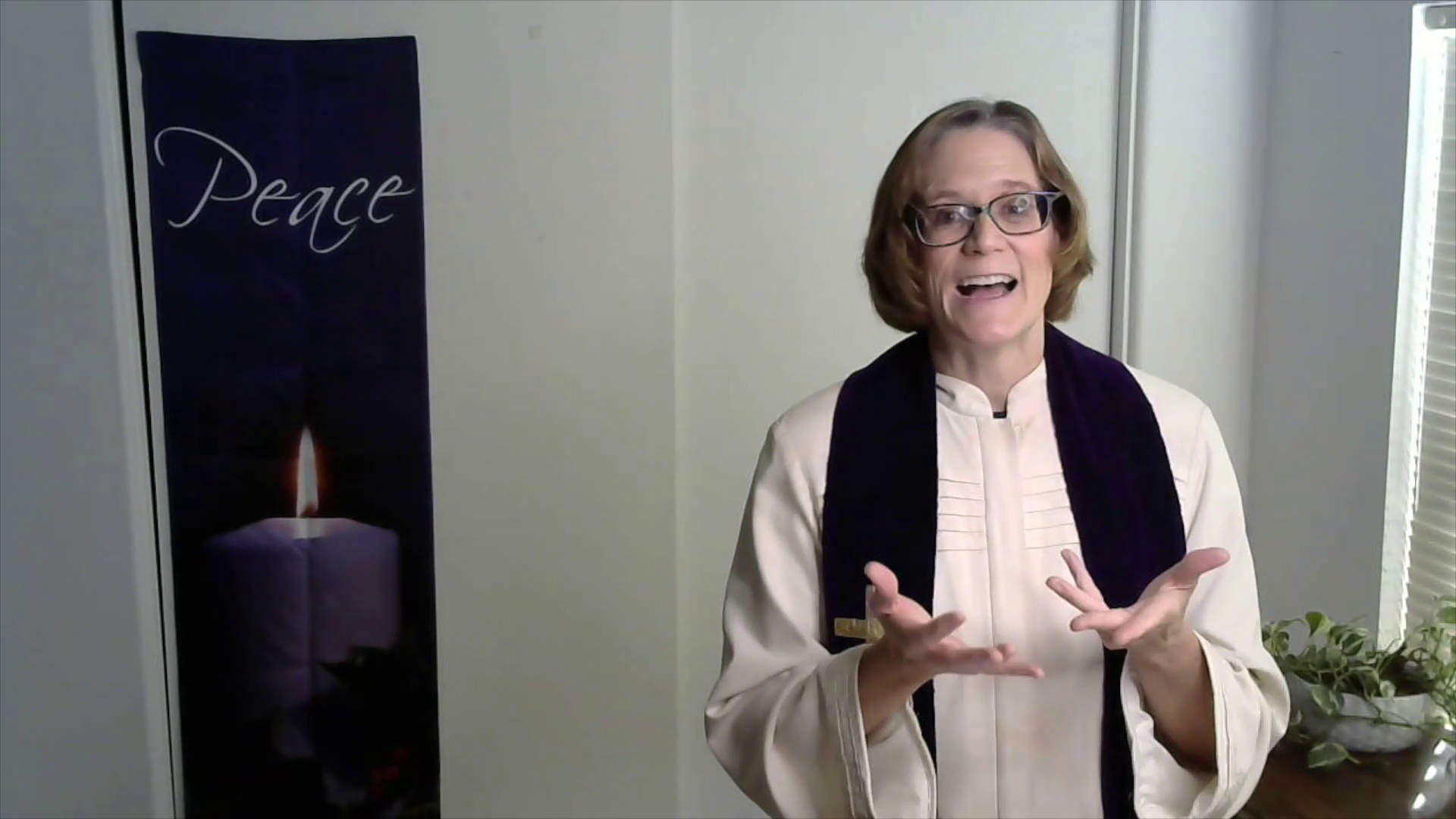Welcome! This coming Sunday our worship will be lead by Pastor Liz Aguilar.
Minister of music: Lionel Jasmin
Liturgist: Eygiel Limbo
Scripture: Luke 2:22-40.
Please join us virtually for this prerecorded worship video which will go live Sunday morning at 9:30 AM.
Join on Facebook
https://www.facebook.com/chulavistaUCC/videos/308200743880642
Join on YouTube
